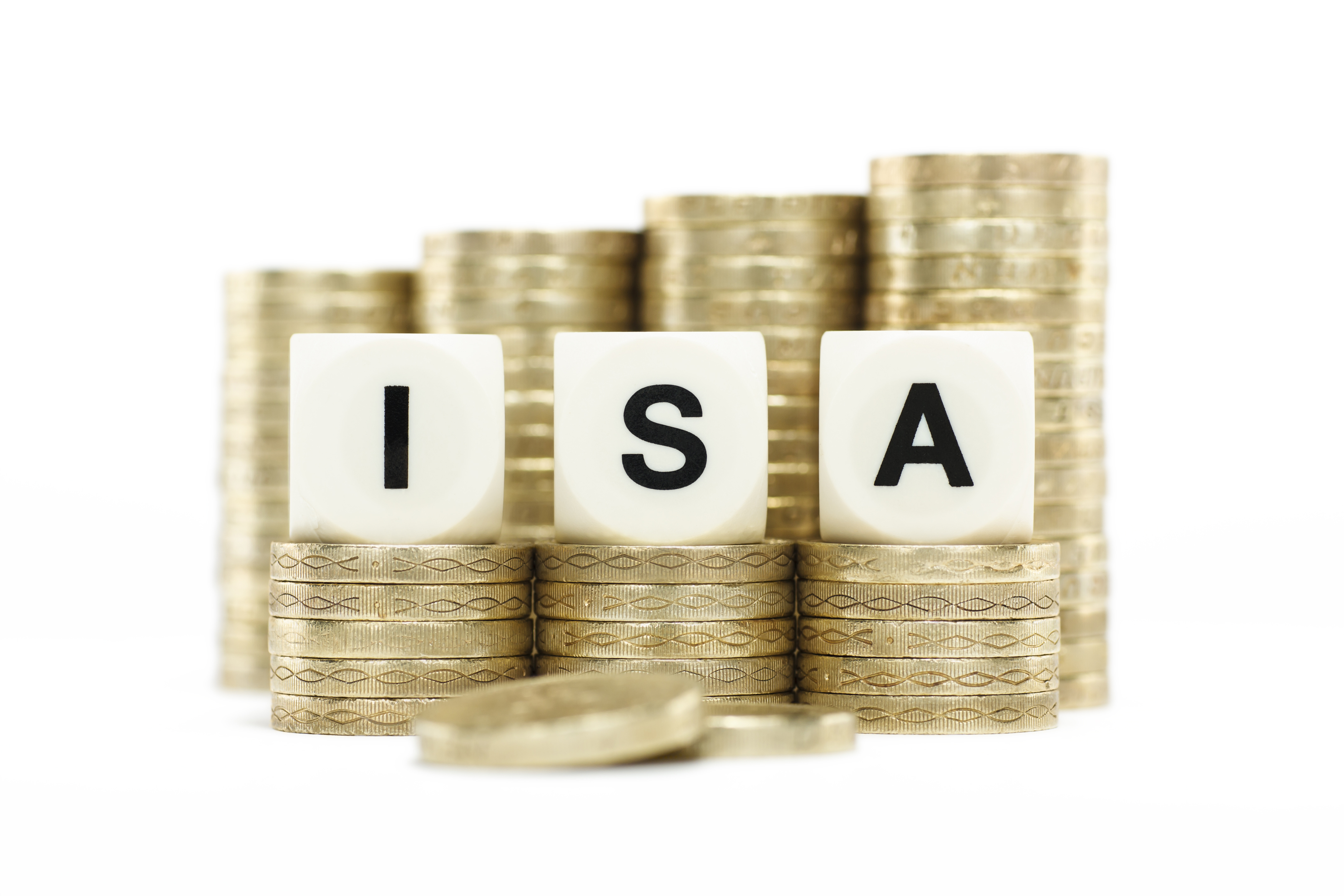Experienced Investor
Should you invest ISA cash in a lump sum or each month for best returns?

With the new tax-year investors have a fresh ISA allowance, but is an ‘early bird’ better off than a last-minute stasher?
From 6 April 2017, ISA investors have an increased allowance of £20,000, up from the previous tax-year’s £15,240.
If you’re wondering whether it’s best to invest a lump sum at the beginning of the tax-year, drip feed your cash on a monthly basis or deposit your cash in an ISA product at the last minute, these calculations may help.
Analysis by Fidelity International found that an ‘early bird’ investor could be £8,500 better off than a last-minute ISA investor. Its calculations looked at the investing habits of three hypothetical ISA investors – ‘Early Shirley’, ‘Last-minute Lara’ and ‘Monthly Monty’ over the past decade.
Early Shirley invests her full investment ISA allowance into the FTSE All Share at the start of each year and has done so over the past ten years. By being an ISA early bird, she would have seen her original investment of £110,560 grow to £167,121.
Monthly Monty has also invested his full allowance in the FTSE All Share over the past decade. While he starts investing at the beginning of the tax-year, he prefers to split his full ISA allowance equally over twelve months. With this strategy, he would have seen his investment of £110,560 grow to £164,616.
Last Minute Lara waits until the very last day of the tax-year to invest her full ISA allowance into the FTSE All Share, and her £110,560 would be worth £158,551 after 10 years – that’s £8,570 less than the early bird investor or £6,065 for the monthly saver.
Maike Currie, investment director for personal investing at Fidelity International, said we all have a propensity to procrastinate, especially when it comes to making an investment but as the calculations show, it’s the early bird ISA investor who catches the best returns.
“By adopting Early Shirley’s strategy and investing at the start of the tax-year you give your money more time to grow and benefit from the magical power of compounding – that snowball effect of generating earnings on top of previous earnings.
“Of course, many people may find it hard to stump up a lump sum at the start of the tax year to put into their ISA. But don’t let this put you off. Adopting a monthly savings plan like Monthly Monty is an easy way of making smaller but regular contributions into your ISA savings pot. By drip feeding your money into the market, you will benefit from a process known as pound-cost averaging. This means that you buy more units in your investments when prices are low and fewer when prices are high which can help to cushion your portfolio from dips in the stock market.”